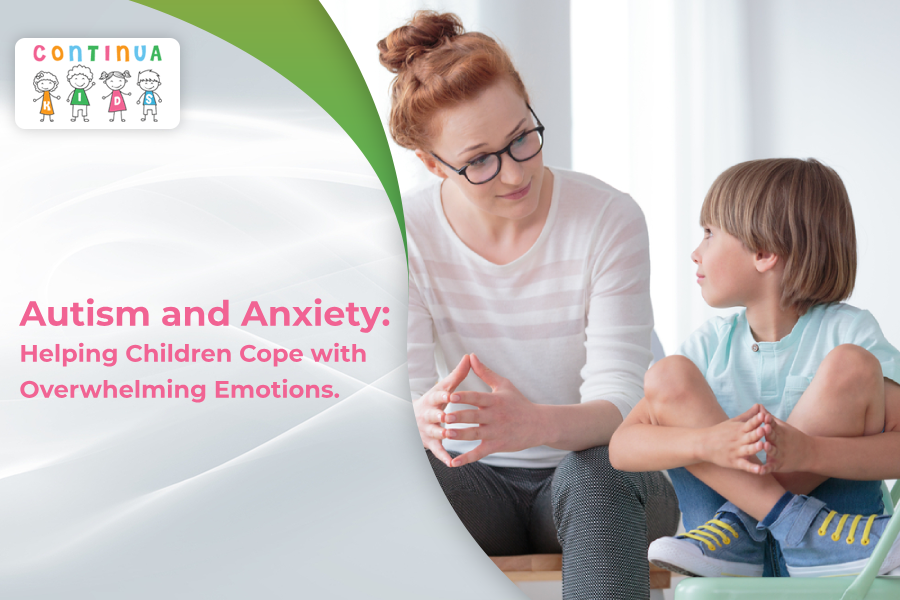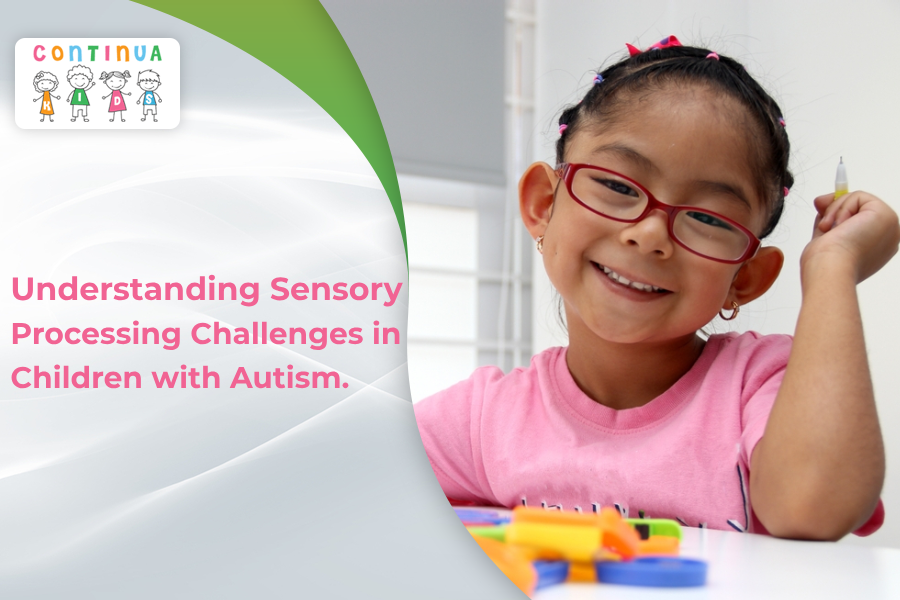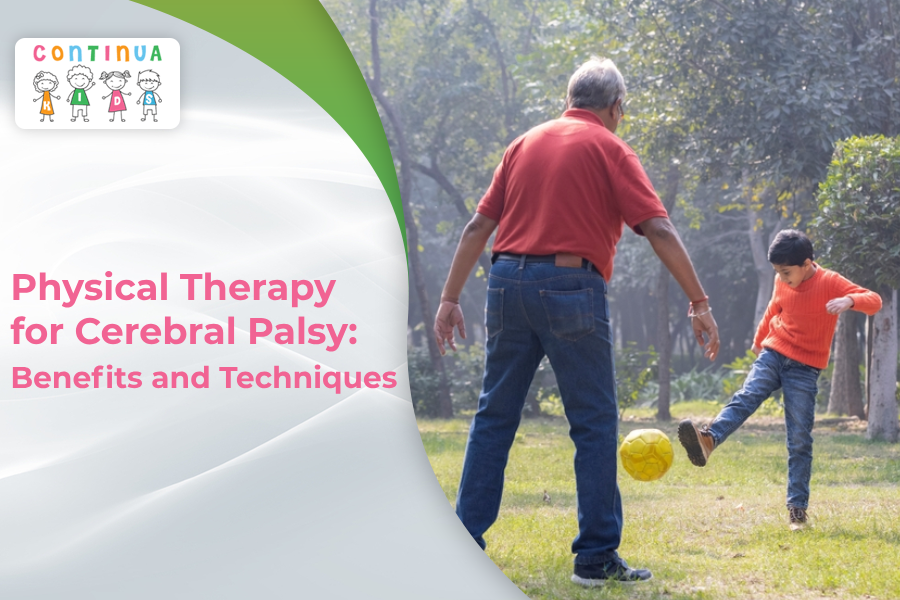Pointers from her presentation on \”Autism In Teens” at International Autism conference
This Year Theme of World Autism Awareness Day “ The Transition to Adulthood”and to reach adulthood children on autism spectrum have to transit the adolescent phase.
There is a paucity of description of the characteristics and needs of teens with ASD. An adolescent on ASD have challenges in three areas; communication deficits, social skill deficits, and restricted, repetitive, and stereotyped patterns of activities, interests, behavior . In addition to these primary characteristics, many teens with ASD experience secondary characteristics including displaying sensory sensitivities, behavior challenges, and additional mental health diagnoses such as anxiety disorders and depression.
Parents may observe some behavioral improvements across the spectrum as they children grow up into adolescents and adulthood. They may have less hyperactivity, irritability, and fewer repetitive behaviors (such as lining things up) and maladaptive (dysfunctional) behaviors, than children with autism. There may be some improvements in daily living skills – such as getting dressed, keeping track of cash or making a sandwich. Adolescents with Autism are observed spending their time in discretionary activities like watching television and using a computer as the most frequent activities. They spend little time engaged in conversations or doing activities with peers. Age, gender, the presence of intellectual disability, severity of autism symptoms and maladaptive behaviors, the number of siblings, maternal education, marital status, and family income may impact the developmental outcomes.
Some common challenges experienced by adolescents or teens on autism are in areas of :
1) Social functioning, cognitive ability and language skills
Problems forming friendships, mistaking social cues or body language misinterpretation of conversations, finding it easier to form friendships online, poor eye contact, expressing that they ‘don’t fit in’.
2) Increased Risk of of seizures ( epilepsy ) timely diagnosis and treatment of the same is important.
3) Inflexibility or rigidity of thought (‘black and white’ thinking)
4) Sleep problems like insomnia and daytime sleepiness is concerning
5) Co morbid conditions like ADHD, Anxiety, Depression, low self esteem , mood disorders, find it difficult to label their own emotions , desire to withdraw from outside world may need to be addressed .
6) Widened Gap with Peers in the executive functioning abilities like having difficulties with the planning and organisation of their work, bag or school day are common challenges.
7) Experiencing sensory overload or sensitivities e.g. finding the noise of school overwhelming, being unable to cope with queues or crowds, sensitive to touch may interfere in their routine activities and learning.
8) Sexuality related concerns and sexuality and social awareness , personal hygiene and grooming, preparing your girl in teens on the physical and physiological changes in body like menses are important challenges that parents must be aware of and be prepared to handle them.
All these changes experienced can all cause difficult behavior like aggressive behaviors , temper tantrums, self stimulating behaviors. A detail medical and psychological assessment will help us to identify and manage these conditions. Knowledge on what to expect in our growing child and timely behavioral management and medical support to treat certain associated medical conditions from time to time can help our children through their teens
Certain Areas which cannot go unattended and need special attention by the parents, professional and teachers are :
- 1) Preparing for Puberty : Inform them how our body changes during adolescence, start early with teaching privacy. Model appropriate hygiene behavior. Use the correct language for body parts and body functions.Start practicing early.
- 2) Helping them in school ( Inclusive education ) : Teens may need continued help with homework and daily activities, there has to be frequent parent-school communication, teachers may check the assignment books to make sure they\’re filled out correctly. Teachers may help students break down projects into smaller steps, with due dates for each step, Consistent routines and predictable schedules, Small class sizes and favorable teacher- student ratios, education and training on self-advocacy, high level of personalized attention, social skills training, communication and life skills development. Minimal distractions in an environment conducive to learning. Extracurricular activities may tailored to each teen’s interests and lastly Family involvement is very important.
- 3) Grooming and Personal hygiene : General Hygeine activities like Shaving , bathing / having a Shower , wearing a Bra , wearing a Pad / changing of pads During mensturation , wearing a deodorant must be taught.
- 4) Preparing Girls on ASD about mensturation : Girls with ASD will most likely have her first period between the age of 9 and 11 years old. monthly bleeding is absolutely normal, natural and healthy, preparing your daughter for her first period will keep the anxiety low. Stomach cramps and body aches are normal.What are pads ? showing them , making them purchase it from a supermarket and teaching them how to wear one is important.
- 5) Taking about Good touch / bad touch , Strangers/ Secrets is important .
- 6) Teaching them the difference between public and private environment is also important .
- 7) Parents must always be alert about child abuse, checking for any tearing or swelling in private areas while changing, to check for signs of sexual abuse especially if child is non- verbal.If you suspect child abuse has happened, report it .
- 8) Elopement or Wandering : Must take adequate precautions to prevent wandering .
- 9) Ensuring internet safety is must. Block undesirable Ads or websites , web Filtering
practice internet parental controls , age restricted content
Thus multidisciplinary approach in management of out adolescents on autism with proper medical management , family support and therapy , behavioral therapy and Financial Planning is very important . “Lets Get prepared\”





I don’t think the title of your article matches the content lol. Just kidding, mainly because I had some doubts after reading the article.